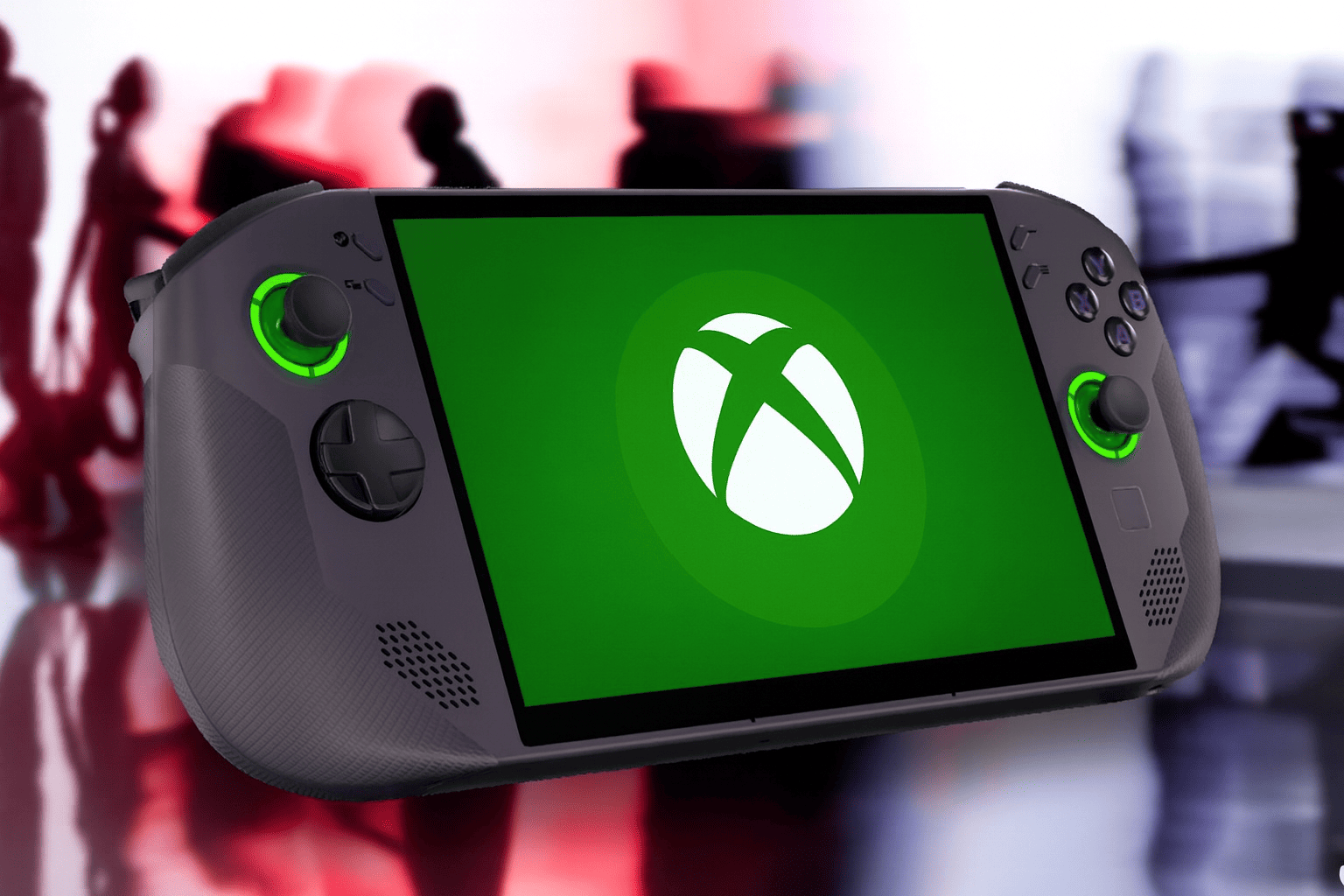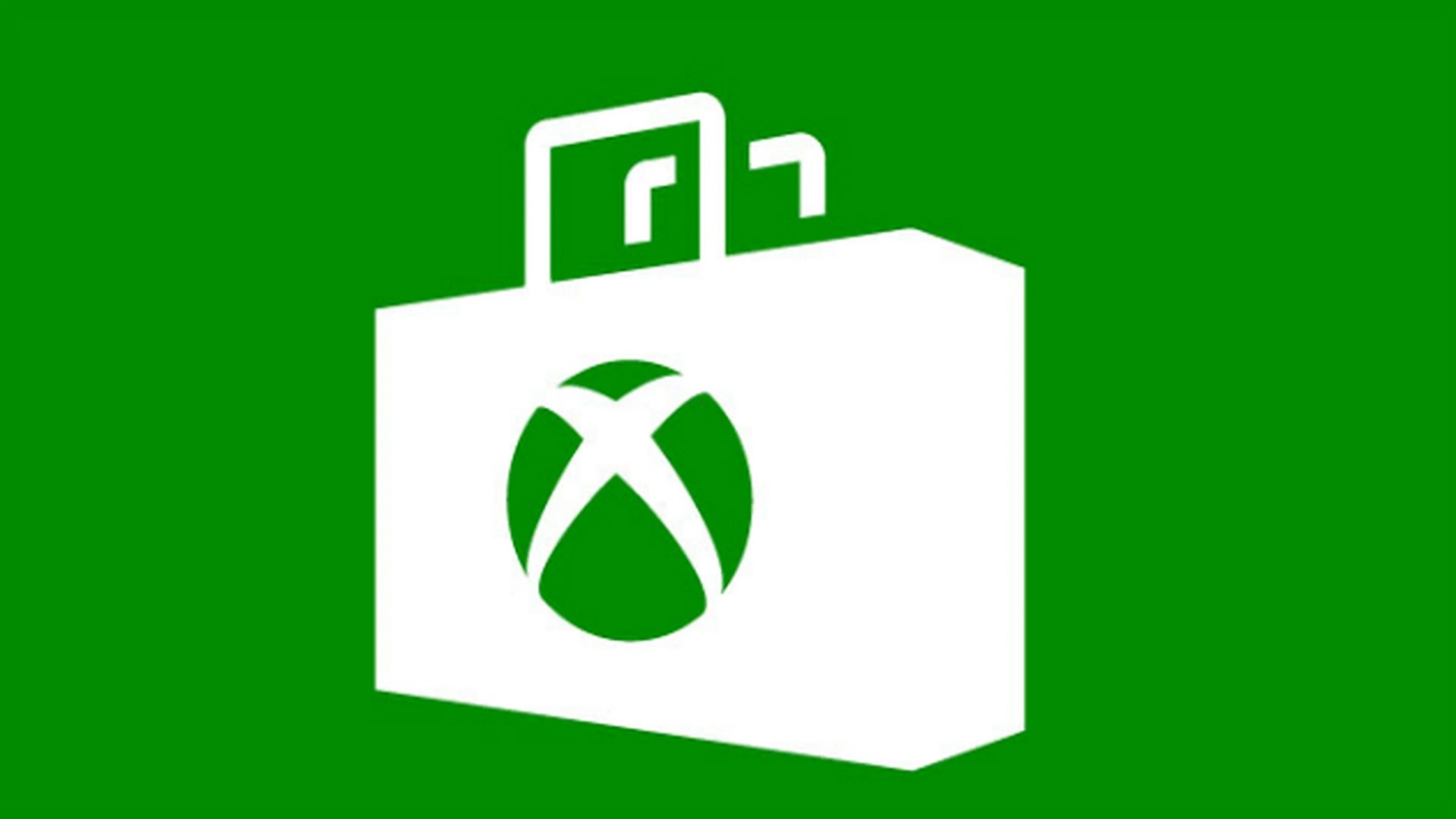The new mode, premiered on the ROG Ally, will allow to release resources and optimize performance in games.
More stories in the category News
- The Xbox Store adds new filters: you can now sort by price, discount and most wanted
- Resident Evil Requiem sweeps its premiere: number 1 on Steam and physical editions sold out in the US
- He-Man & the Masters of the Universe: Dragon Pearl of Destruction now has a release date
| Don't miss anything and follow us on Google News! |
The future of portable gaming with Windows continues to strengthen with the integration of Xbox features. After it was confirmed that the Asus ROG Ally and ROG Ally X will be the first to debut the Xbox Full-Screen Experience (FSE) on October 16, Lenovo has now announced that its Legion Go Gen 2 will also receive this highly anticipated feature.
- You might be interested in: ROG Xbox Ally and Ally X now have a release date: available on October 16, everything you need to know
The FSE is a mode that allows the console to start directly in the Xbox app, without the need to load the entire Windows environment. This means that more system resources are dedicated to games, thus optimizing overall performance. Microsoft ensures that this mode will be key to getting the most out of the Ryzen processors that these machines integrate.
Lenovo will incorporate it in spring 2026
- The Legion Go Gen 2 will launch this October with a base price of $1,099, reaching up to $1,479 in its most complete model, with a more powerful processor, 32 GB of RAM, and 2 TB of storage. Among its features are the 8.8-inch OLED screen at 144 Hz and detachable controllers, a format that makes it one of the most serious rivals of the ROG Ally.
Although it won’t have the Xbox mode at launch, Lenovo has confirmed that Xbox FSE will arrive in spring 2026 through an update. This way, players will be able to switch between traditional Windows mode and the full Xbox interface as needed.
Additionally, this novelty is complemented by the Handheld Compatibility Program, Microsoft’s new initiative that will certify games as Handheld Optimized or Mostly Compatible, similar to the Steam Deck verification system.
Everything points to the Xbox ecosystem continuing to grow in the portable territory, with more manufacturers joining this integration.






